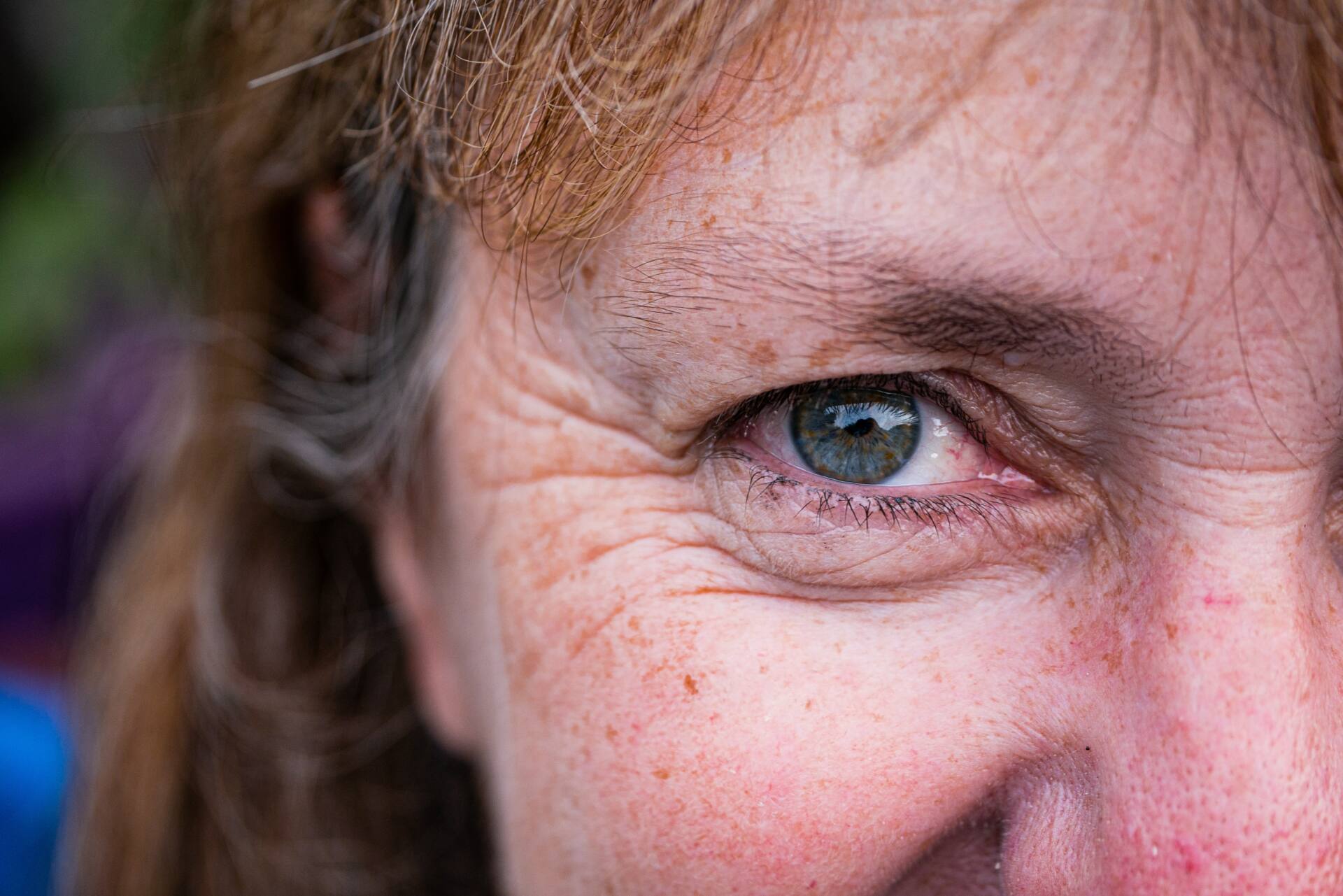Signs of Skin Aging and Solutions To Try
- skin-conditions
- skincare-tips
While many have searched for the Fountain of Youth, we’re here today with some unfortunate news. There is no magical, mystical remedy that can stop the aging clock in its tracks. However, our team at Charleston Dermatology is never one to focus on the negatives!
While aging is a part of every life, our board-certified dermatologists are experts in its effects on your skin. We love working with our clients to educate them on time’s impact and how to eliminate (or at least keep at bay) signs of aging on your skin.
The Causes, Effects and Solutions to Skin Aging
No matter your skin type, signs of aging on your skin are bound to appear as you grow older. For some, these may be due to biological factors, while others may notice the effects of their lifestyle or actions in their youth begin to surface at last. No matter the reason, one thing is for sure. There is no shame in getting older. We’re simply here to help you combat those cosmetic issues to help you feel more comfortable in your skin.
Loose skin and Wrinkles
Cause & Effect:As we grow older, our bodies experience a loss of elastic tissue (elastin and collagen) in the skin. Collagen provides strength and form, while elastin is crucial in maintaining the skin’s ability to stretch and recoil. As their presence decreases, gravity’s effects on the body become stronger, and the skin begins to sag and wrinkle. Elasticity loss can be linked to UV exposure and smoking.
Solution:Cosmetic dermatological services, such as Botox injections and Belotero fillers, can be applied to help reduce and smooth out wrinkles and lines on the face. These solutions should always be provided by and with the consultation of your board-certified dermatologist.
Prevention:Practicing proper sun protection techniques (regularly applying sunscreen, covering unprotected skin, etc.) and avoiding smoking can help reduce skin elasticity loss later in life.
Easier Bruising
Cause & Effect:Though the effects of sun-damaged skin may not show during your youth, you may find them popping up later in life. Overexposure to the sun’s harmful UV rays can lead to the breakdown of collagen in the skin’s vessel walls, resulting in much more easily bruised and damaged skin. Bruises may also take longer to heal as a result.
Solution:Medications, such as topical retinoids, are available that can help to strengthen the epidermis. Topical vitamins (C, E and K) have also been used to help reduce bruising. As with all medications, speak with your doctor to see which plan is right for you.
Prevention:Reducing your sun exposure is key to avoiding sun damage. Aside from sunscreen and protective clothing, you should also consider avoiding outdoor activity during peak UV hours (between 10 a.m. and 4 p.m.).
Skin Discoloration
Cause & Effect:Discoloration in the skin is common as we age. This cosmetic change is known as hyperpigmentation, or an overproduction of melanin in the skin that can either occur in large patches or small plots, commonly known as age/liver spots. Hyperpigmentation is harmless at its core but may signify a more significant medical condition.
Solution:There are several effective treatments for reducing the appearance of hyperpigmentation, including topical medications such as retinoids, which help lighten the skin’s appearance over the course of several months. Laser therapy and chemical peels may also be viable options depending on your skin type and board-certified doctor’s recommendation.
Prevention:As with many signs of aging, skin discoloration is typically the result of years of excessive sun exposure. Common techniques like regular sunscreen application, tanning avoidance, etc., can help to reduce your risk.
Rough and Dry Skin
Cause & Effect:Dry and scaly. Rough and itchy. These are common adjectives to describe the skin of aging patients. Causes of dry skin come from a wide variety and can include dehydration, excessive sun exposure, smoking and stress, as well as a result of medical conditions such as diabetes and kidney disease. Our bodies’ oil productions also reduce as time goes on, which leads to skin drying out.
Solution:Creams and ointments are viable solutions for keeping skin healthy and moisturized. Drinking liquids and sleeping with a humidifier can also keep your skin refreshed. Avoiding hot showers and opting for warm or lukewarm water can be helpful as well.
Prevention:In the case of dry skin, prevention and solutions are one and the same.
Show your skin some love!
At Charleston Dermatology, our board-certified dermatologists and staff are always ready to help you look and feel your best. Contact us today to schedule an appointment, and visit our website to explore our full list of services.
